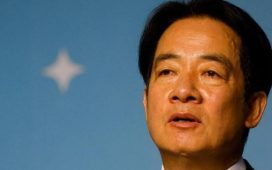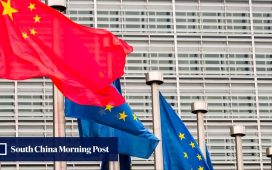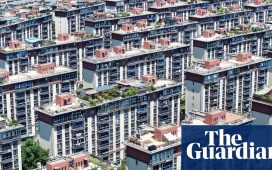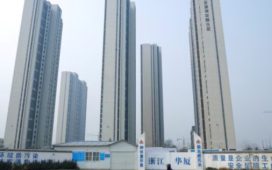Xi inspected a military guard with Sulyok before the pair headed indoors for talks.
Ukraine was also expected to be on the agenda, Szijjártó said.
It comes amid a deep divide between China and the European Union on trade and the war in Ukraine, and is part of an effort by Beijing to enlist like-minded European countries to support an alternative to the West-led global order.
Like China, Hungary has retained close ties with Russia, and has often refused to fall in line with Nato and EU measures against Russia, including sanctions on Moscow and aid for Ukraine.
Hungary is also seen as the EU country closest to China, voicing opposition to the bloc’s “de-risking” agenda and blocking its statements criticising human rights.
Chinese Foreign Minister Wang Yi had a similar message when he met his counterpart in Beijing last month.
With Budapest assuming the rotating EU presidency in July, Wang called on Hungary to help promote “pragmatic and reasonable” China-EU relations.
In a statement released as Xi arrived in Budapest on Wednesday night, the Chinese president said China and Hungary were reliable friends and partners and their ties set an example for international relations based on “mutual respect” and “win-win cooperation”.
“I believe that no matter how the international situation changes, China and Hungary will persist in viewing and grasping their bilateral relations with a broad and long-term perspective, … work together to build a community with a shared future for mankind, and make due contributions to promote peace, stability, development and prosperity in the world,” Xi was quoted as saying.
In an interview with Hungarian newspaper Magyar Nemzet published on Wednesday, Xi said the two countries’ relations were on a “golden voyage”. He also praised Hungary’s “independent” policy towards China.
“This year marks the 75th anniversary of China-Hungary diplomatic relations … We see each other as a priority partner of cooperation. We have gone through hardships together and defied power politics together amid volatile international situations,” Xi said.
He said the two countries should lead regional cooperation and face global challenges together, calling for “real multilateralism” and saying the two shared “similar positions” on international and regional affairs.
He also called on “greater synergy” in their economic initiatives – the belt and road and Hungary’s Eastern Opening strategy – including acceleration of the Budapest-Belgrade railway, a flagship belt and road project.
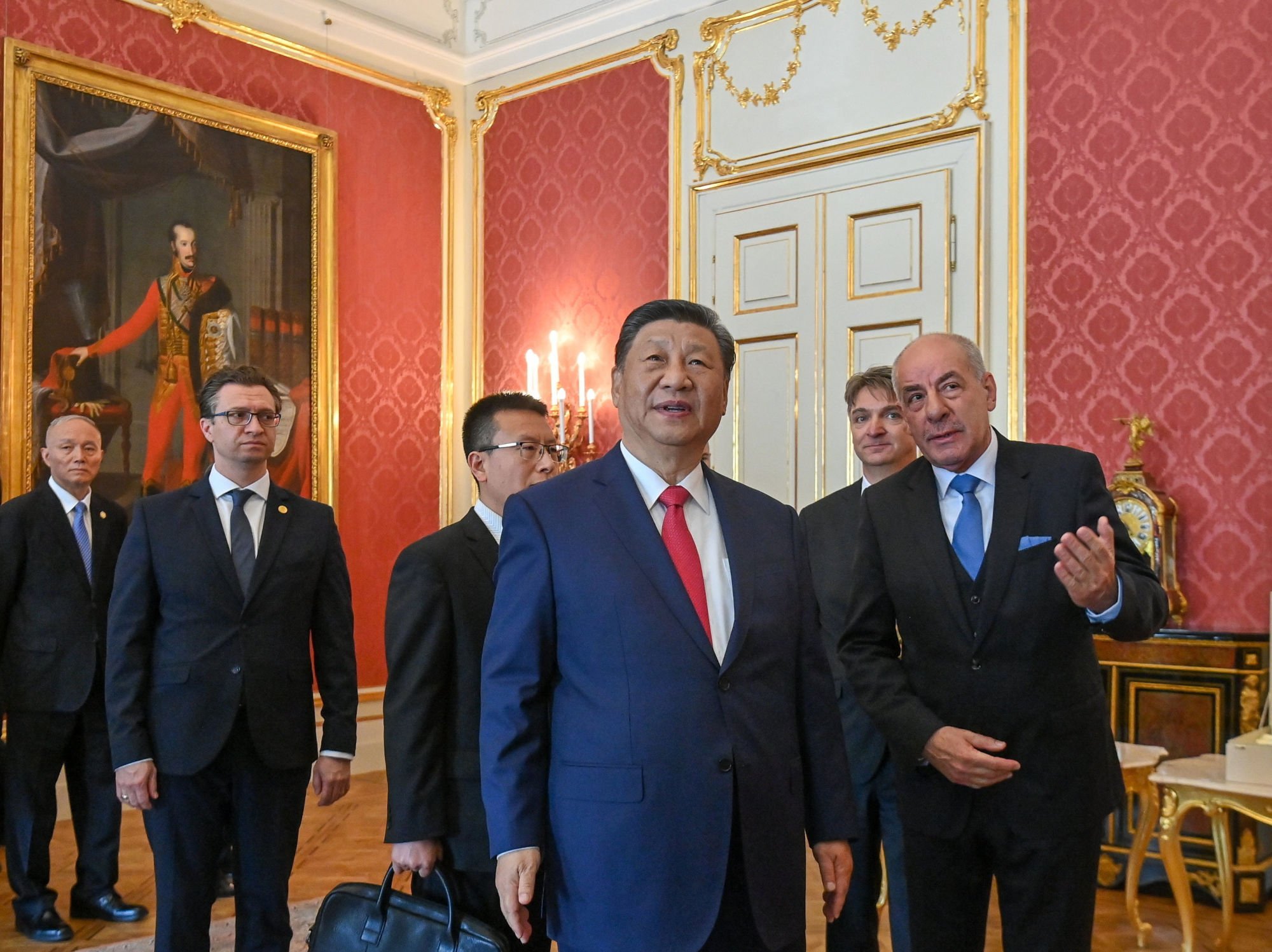
Hungary is the biggest recipient of Chinese investment in central and eastern Europe, and was the biggest recipient of belt and road funding in 2022.
It is home to Chinese battery giant CATL’s biggest plant outside China and EV maker BYD’s first factory in the EU.
On the eve of Xi’s arrival in the country, the first batch of generator units was connected to the grid at a photovoltaic project in the Hungarian city of Tokaj, the first overseas investment by China’s State Power Investment Corporation. The newly installed units are expected to reduce carbon emissions by 95,000 tonnes annually, according to CGTN.





